Although it has been mentioned before, in reality, the work of fighting waste only became an urgent activity, ranked as a top priority in sectors and localities only after General Secretary To Lam raised this issue as an urgent requirement. So how do provinces and cities implement this content? Thoi Dai had an interview with Mr. Tran Huy Tuan, Secretary of Yen Bai Provincial Party Committee on this topic.
-Sir, recently General Secretary To Lam has highlighted the issue of fighting waste as an urgent task today. From the perspective of a local leader, how do you feel about this urgent request of the General Secretary?
- The problem of waste has been persistent in our country in many fields, at all levels, in all sectors and in people's lives, negatively affecting the overall development of the country. In the context of limited resources of the country and need to be used optimally to achieve the highest efficiency, to contribute to promoting the country's strong development, bringing our country into a new era - the era of national development, the work of preventing and combating waste is a new task that is very urgent, urgent, and especially important.
From the perspective of a local leader, I clearly see this urgent need, especially from the reality of the construction and promulgation of a number of policies that do not meet practical requirements, leading to difficulties, hindering implementation, causing loss and waste of resources; waste of time and effort of businesses and individuals when administrative procedures are cumbersome, online public services are not convenient and smooth; waste of local development opportunities due to the ineffective operation of state agencies in some places and at some times; waste of natural resources; waste of public assets due to ineffective management and use; waste in production, business and consumption activities of the people...
To realize the goal of developing Yen Bai province quickly and sustainably in the direction of "green, harmony, identity and happiness", becoming the leading developed province in the Northern Midlands and Mountains region by 2030, Yen Bai needs to mobilize and effectively use investment resources for socio-economic development.
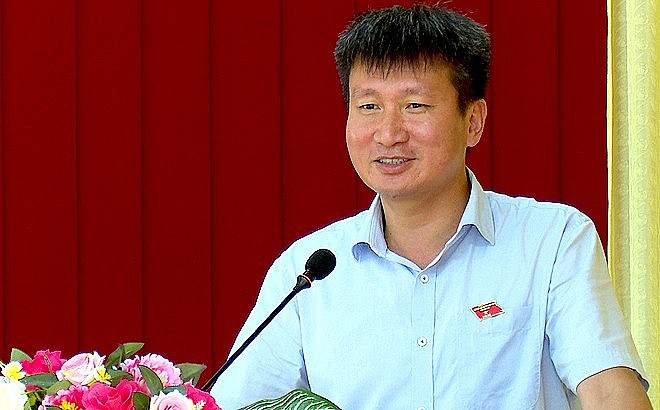 |
| Mr. Tran Huy Tuan, Secretary of Yen Bai Provincial Party Committee |
Therefore, it is necessary to raise awareness and responsibility among cadres, party members and workers, first of all, by setting an example for leaders of each agency, organization and individual in the public and private sectors about the meaning, importance and responsibility of practicing thrift and fighting waste.
In particular, it is necessary to have a system to prevent and combat waste; strictly handle individuals and groups whose actions and behaviors cause loss and waste of public assets; build a culture of preventing and combating waste; make the practice of thrift and combating waste "voluntary" and "intentional", like "daily food, water, and clothing".
- The problem of waste has existed for a long time and is caused by many reasons. In your opinion, where should we start to solve it completely?
-In my opinion, if we want to thoroughly solve the problem of waste, we need to focus on thoroughly solving the causes that lead to waste, which means we need to "name and shame" waste in order to have a specific treatment method.
One of the fundamental causes of waste is awareness. As President Ho Chi Minh taught: "Corruption, waste, bureaucracy are an "enemy within"; General Secretary To Lam also affirmed: the fight against waste is a arduous and complicated fight against "internal invaders". Therefore, in my opinion, to thoroughly solve the problem of waste, we need to start with a correct awareness of anti-waste.
It is necessary to focus on widespread propaganda, raising awareness and responsibility among cadres, party members and workers, first of all, setting an example for leaders of each agency, organization and individual in the public and private sectors about the meaning, importance and responsibility of practicing thrift and fighting waste.
The higher the position, the more clearly one must be aware of the responsibility to practice thrift. In particular, waste must be considered as equally dangerous as corruption; the work of preventing and combating waste must also be carried out in parallel, synchronously, and similarly to the work of preventing and combating corruption and negativity.
- As the head of the Party Committee of a large province, in your opinion, in addition to political will, how should the handling of waste be linked in terms of policy between the Central and local levels to improve the effectiveness of this work?
- We must also frankly admit that the implementation of resolutions, directives and legal documents on waste prevention and control in reality is still limited; the system of standards, norms and regimes, some of which are not suitable for reality, are slow to be revised and supplemented; waste handling has not been promoted. Therefore, in addition to political will, waste handling requires policy coordination between the central and local levels.
Specifically, the Central Committee needs to promptly issue regulations on the roles and responsibilities of Party committees, Party organizations, authorities, heads of agencies and organizations. Amend legal regulations on practicing thrift and combating waste in the direction of creating a complete and synchronous legal basis for monitoring, inspecting, detecting, and handling strongly and with high deterrence against wasteful acts; build a truly effective mechanism for monitoring and detecting waste by the Fatherland Front, organizations and people.
Besides, it is necessary to clearly decentralize the power to localities in handling violations of waste in particular and decentralize the power to localities, enhance the responsibility of local authorities in state management, and avoid wasting resources for socio-economic development.
-How do you and the Provincial Party Standing Committee comment on and plan to solve the problem of anti-waste in Yen Bai?
- Over the past years, thoroughly grasping the Party's guidelines, policies and laws of the State, the Yen Bai Provincial Party Committee has always focused on thoroughly grasping and strictly implementing the work of fighting waste, closely following the requirements, tasks, targets and solutions in the province's overall program of practicing thrift and fighting waste for the period 2021-2025, associated with the socio-economic development tasks of the locality.
Immediately after the Politburo issued Directive No. 27-CT/TW dated December 25, 2023 on strengthening the Party's leadership in practicing thrift and combating waste, the Standing Committee of Yen Bai Provincial Party Committee developed and issued a Plan to implement the Directive. In particular, the requirement to practice thrift and combat waste must be implemented synchronously, associated with strengthening activities to prevent and combat corruption and negativity; inspection and examination; administrative reform; dissemination and education of law; streamlining the organization and apparatus to operate effectively and efficiently. At the same time, clearly define the tasks of implementing anti-waste work, specifically:
Perfecting mechanisms and policies to improve the effectiveness of thrift practice and anti-waste, including regularly evaluating the effectiveness and quality of policies after promulgation to promptly adjust shortcomings to limit loss and waste of resources; focusing on clearly defining the responsibilities, tasks and powers of agencies, organizations, collectives and individuals, especially the heads; specifying violations and forms of handling; focusing on areas prone to loss, waste and negativity such as bidding, auctions, management and use of land, resources, credit, public asset management, public investment, use of capital and state assets in enterprises.
Yen Bai also strengthens the organization of thrift practice and anti-waste in a number of areas prone to loss, waste, and negativity in state budget management; management and use of public investment capital; management and use of public assets; management, exploitation, and use of resources.
-In your opinion, to make anti-waste prevention practical and effective in the long term, what kind of implementation strategy do we need to build?
-To make anti-waste effective in the long term, there is no better solution than turning anti-waste into awareness, consciousness and responsibility of each cadre, party member and citizen.
Therefore, we need to build an anti-waste implementation strategy in each agency, organization, family and citizen; create a culture of thrift and anti-waste in agencies and organizations; encourage people to increase thrift practice and anti-waste, create a habit of valuing State assets, people's efforts, collective contributions and individual efforts; consider practicing thrift and anti-waste as a daily task.
Synchronously implement solutions to build a culture of thrift and awareness of thrift; scientific working mindset, effective time management, forming social ethical responsibility associated with strict implementation of discipline; focus on promoting the pioneering and exemplary role of leaders in practicing thrift and fighting waste.
In addition, it is necessary to focus on perfecting and effectively implementing institutions to prevent and combat waste; have sanctions to strictly handle individuals and groups whose actions cause loss and waste of public assets in the spirit of "handling one case to warn the whole region and the whole field", and resolutely implement the fight against corruption and negativity that the Party has carried out in recent years.
-Thank you very much!
Source: https://thoidai.com.vn/ong-tran-huy-tuan-can-diem-mat-chi-ten-lang-phi-de-co-phuong-thuc-dac-tri-209153.html



![[Photo] Opening of the 14th Conference of the 13th Party Central Committee](https://vphoto.vietnam.vn/thumb/1200x675/vietnam/resource/IMAGE/2025/11/05/1762310995216_a5-bnd-5742-5255-jpg.webp)




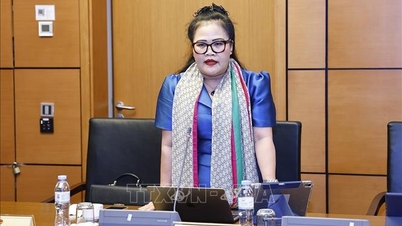





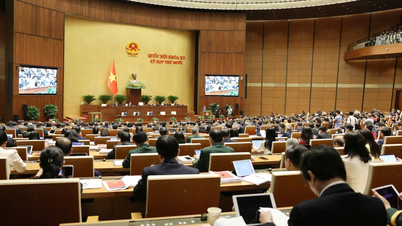

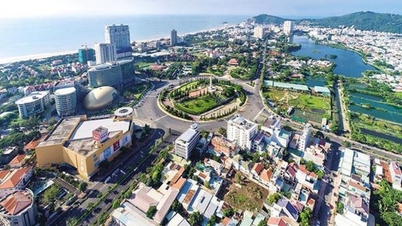

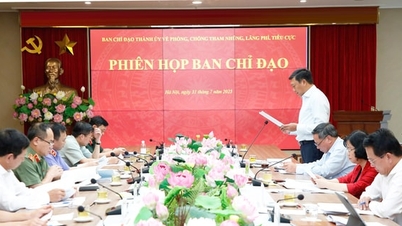



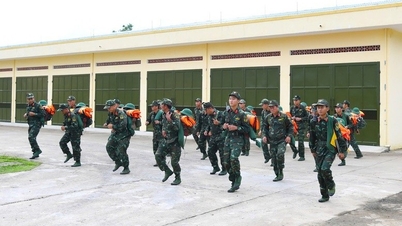
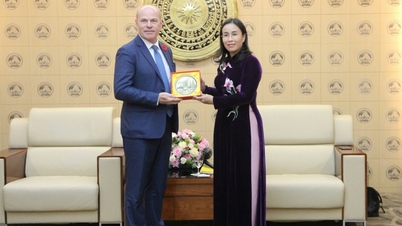
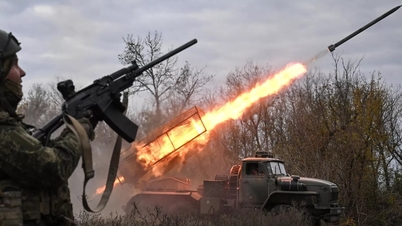







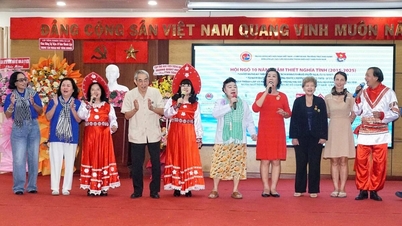

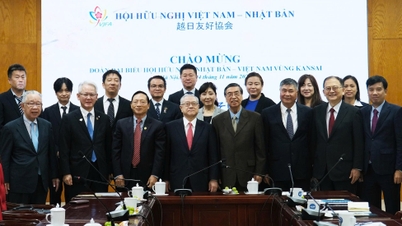
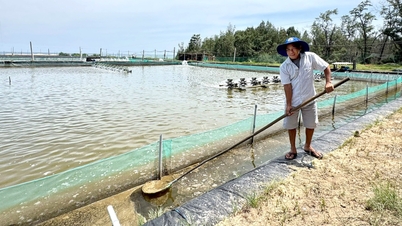
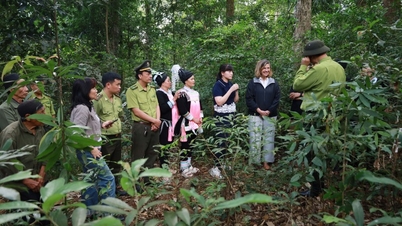
![[Photo] Panorama of the Patriotic Emulation Congress of Nhan Dan Newspaper for the period 2025-2030](https://vphoto.vietnam.vn/thumb/1200x675/vietnam/resource/IMAGE/2025/11/04/1762252775462_ndo_br_dhthiduayeuncbaond-6125-jpg.webp)






































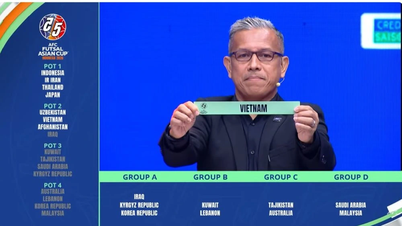







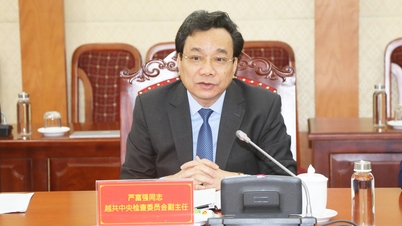

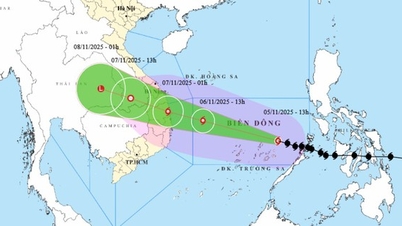




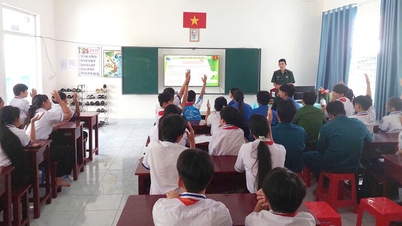

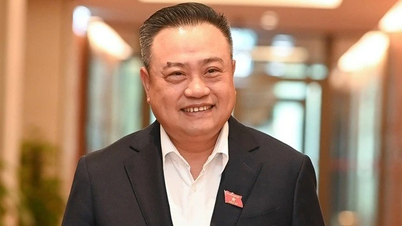

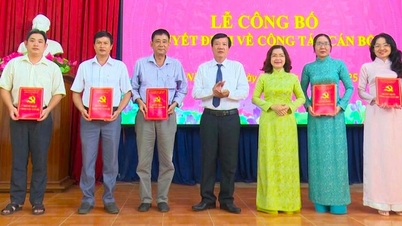
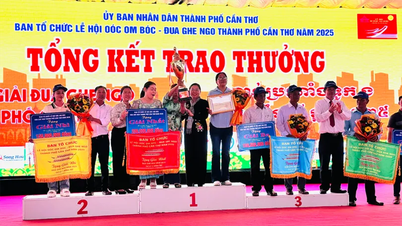

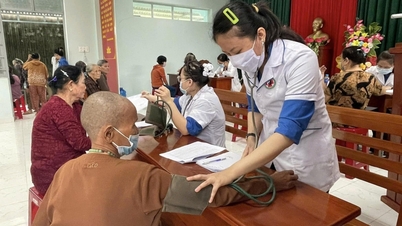

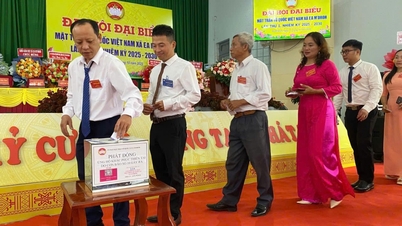













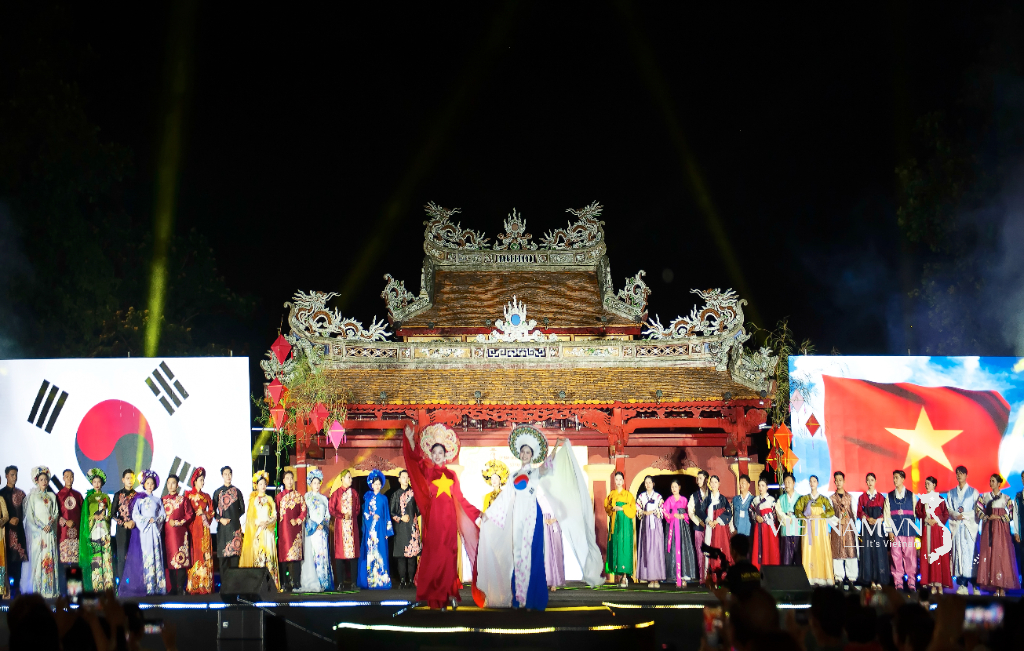
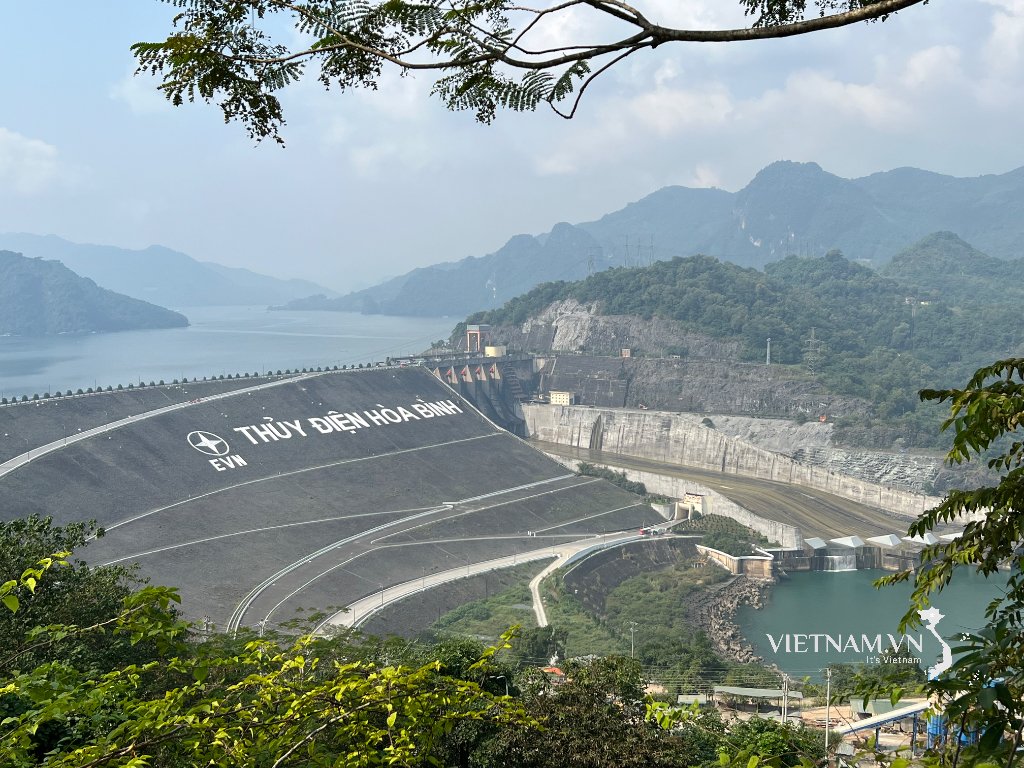
Comment (0)